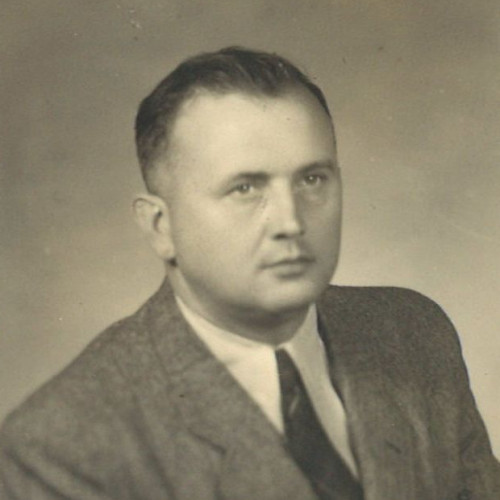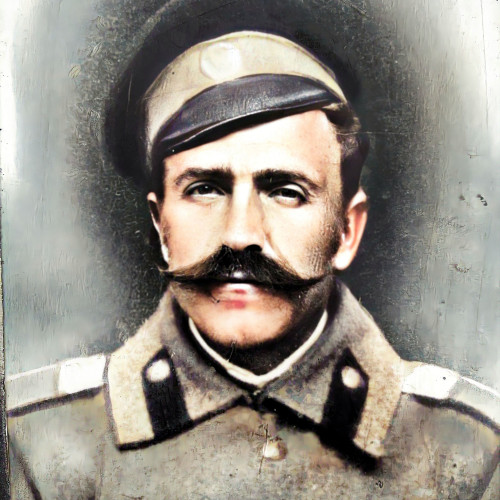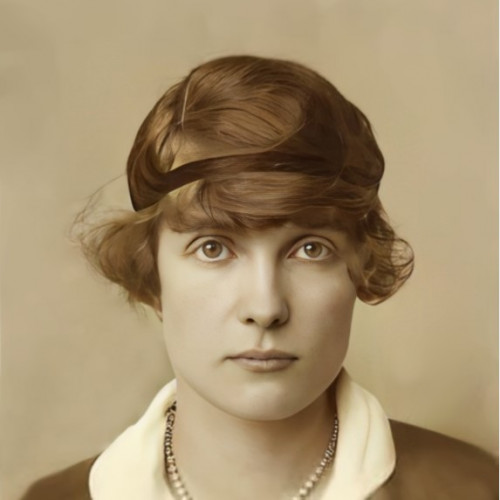Martha Gammer (1947) - Instytut Pileckiego
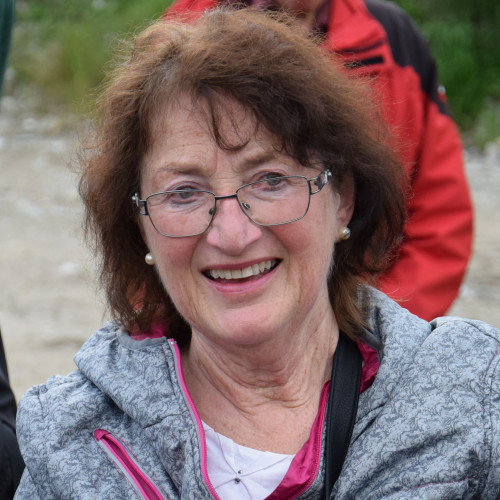
In the 1970s, few people knew that the tunnels excavated in the hills near Gusen were the result of slave labor by prisoners of the German Nazi concentration camp that existed there during the Second World War.
Martha Gammer, who moved at that time to live near what was left of KL Gusen and taught German at a nearby school, began to explore the subject. At first she passed on the memory of the camp and its victims to her students;
then, as early as 1979, she helped to establish the Working Group for the
Care of Homeland, Memorials and History in order to help raise awareness
about local history. The group conducted intensive activities to popularize
the history of the camp. It documented conversations with witnesses to
history, collected commemorative objects, and issued publications. After
many years of effort, the Group successfully organized in May 1995 the first
solemn commemoration of the liberation of KL Gusen by American troops
on the 50th anniversary of the event.
With her previous experience, Martha Gammer co-founded the Gusen Memorial Committee in 2008 and became its chair. It continues its mission to nurture the memory of the camp’s victims, independently conducts and supports research projects, collects archival materials, organizes anniversary ceremonies, and provides as much financial assistance as possible to survivors and their families. It is largely thanks to the activities of Martha Gammer and other members of the Committee, who cooperated with the Polish Ministry of Culture and National Heritage and the Embassy of the Republic of Poland in Vienna, that it was possible to bring the area of KL Gusen under protection and have the Austrian government buy back part of the former camp grounds from private owners.
I have been working with the Gusen Memorial Committee since the
beginning of my activities in the Club for Former Political Prisoners of the
Mauthausen-Gusen Concentration Camp. It was 2009 or 2010, and since
meeting Martha Gammer and Rudolf Haunschmied, I have gained faith
that there are people in Austria for whom the Gusen cause is important
and who give it not only their time, but also their hearts.
Excerpt from a text sent to the Pilecki Institute by Jacek Tarasiewicz, President of the Board of Directors of the Club for Former Political Prisoners of the Mauthausen-Gusen Concentration Camp
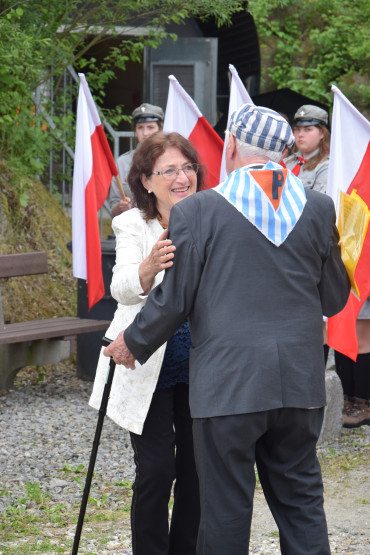
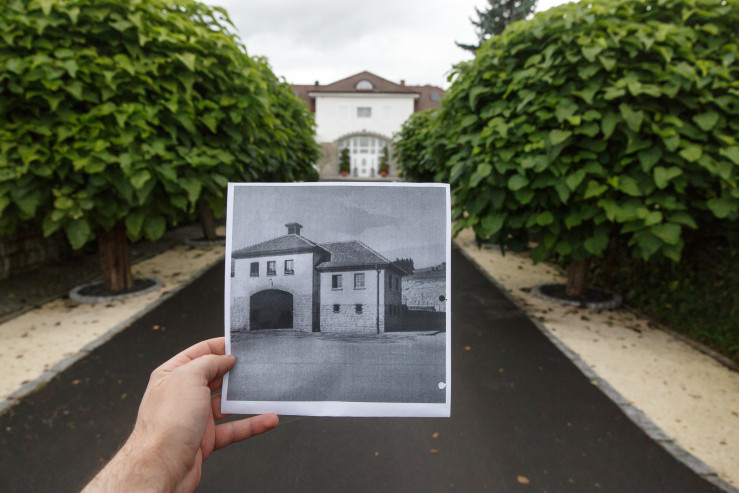
See also
- Jan Jelínek (1912–2009)

awarded
Jan Jelínek (1912–2009)
In 1937, the care of the Evangelical parish in Kupiczów, Volhynia was entrusted to Jan Jelínek. The young pastor won the hearts of the Czechs, who had settled there in the 19th century. In his sermons he preached love of neighbor regardless of his beliefs.
- Trofim Danieluk

awarded
Trofim Danieluk
(1880–1960)“Upon realizing the danger I was in, Ifled and hid among potato shoots. I owe my life to Trofim Danieluk, who said I hadn’t been home for the last three days, when asked by the murderers from the Ukrainian Insurgent Army” – reported Władysław Zubkiewicz.
- Józsefné Margit Károlyi

awarded
Józsefné Margit Károlyi
(1892–1964)From the first days of the Second World War, many representatives of the Hungarian elite were involved in helping the Polish refugees in Hungary. One of them was Countess Margit Károlyi Józsefné.
